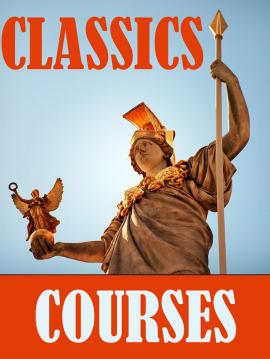 Classics 190. Senior Seminar (4 units)
Classics 190. Senior Seminar (4 units)
Mike Chin
Race and Classical Antiquity examines the way Greeks and Romans thought about race, ethnicity and nationality, but it also considers how the idea of "the Classical" has been used in modern culture to construct ideas of race, the idea of Europe, and the idea of Western Civilization. In the first part of the course, we will be reading excerpts from a broad range of ancient authors, from Homer to Augustine, that deal with how different peoples around the Mediterranean were understood as the same or different from each other, and what were considered to be the roots of those differences. In the second part of the course we will be reading a selection of modern authors who use ancient Mediterranean texts, stories, and objects to think through relationships between peoples in the modern period, from the Atlantic slave trade, to the colonization of the Americas, to modern political questions of racial equity and cultural value.
Prerequisite: Completion of one upper division course in Latin (LAT), Greek (GRK) or Hebrew (HEB) or consent of instructor.
GE credit(s): Arts & Humanities and Writing Experience.
Textbook:
-
Race and Ethnicity in the Classical World: An Anthology of Primary Sources in Translation, translated by Rebecca F. Kennedy, et al. (Hackett Publishing Company, 2013)
